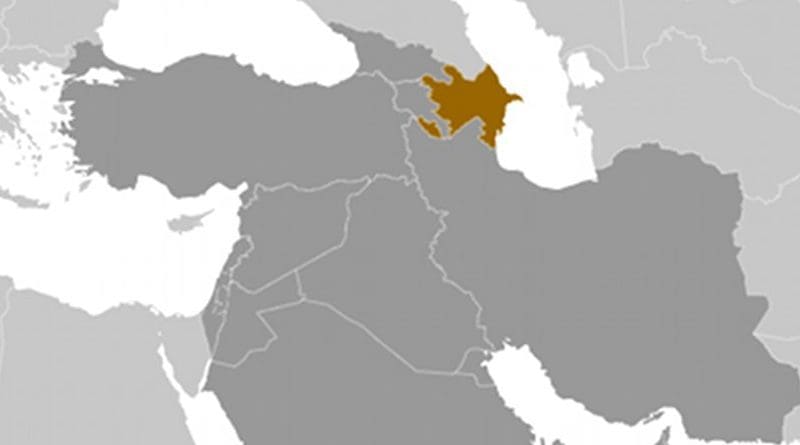Azerbaijan And The Shiite Axis – OpEd
The rapid change in the geopolitical situation in the Middle East shows a shift to a multipolar world. The coming of ISIS’s total defeat in Iraq and Syria is currently a hot topic, and now so many predictions on future alliances are being made.
Iran, Iraq, Syria and Lebanon are supposed to form the so-called “Shiite axis”, that is increasingly favored by Turkey. The active cooperation of the defense departments of these countries (with the exception of Lebanon) allows creating a real counterbalance to Kurdish separatism that is dangerous for Turkey and the countries of the Middle East.
The western political experts believe that the Shiite axis is actively supported by Russia, which takes an active part in the settlement of the situation in Syria and actively develops relations with Iran. And it is quite natural that analysts consider Azerbaijan to be a component of the “geopolitical arc” connecting Russia and the Shiite axis countries.
With the involvement of Turkey this arc can turned to a ring” while taking into account the friendly relations between Turkey and Azerbaijan and the improvement of the Turkish-Russian relations.
Moreover, Kazakhstan and Kyrgyzstan, taking also into account their close cooperation with Turkey and Russia, can also become parts of the emerging “geopolitical ring”. In this case such structure can ensure peace in the whole region. It is also being achieved by the creation of international transit corridors: the Baku-Tbilisi-Kars railway line, the International North–South Transport Corridor connecting Azerbaijan, Iran and Russia.
Transit lines must ensure the stable development of all the countries involved in international projects.
Azerbaijan has the opportunity to become a regional transport hub. And the cargo will go not only in the direction of the West-East, but also the West-South and the West-North. It completely accords with the new geopolitical realities of the region with the creation of a “geopolitical ring” as a guarantee of stability and peace in the Middle East.

